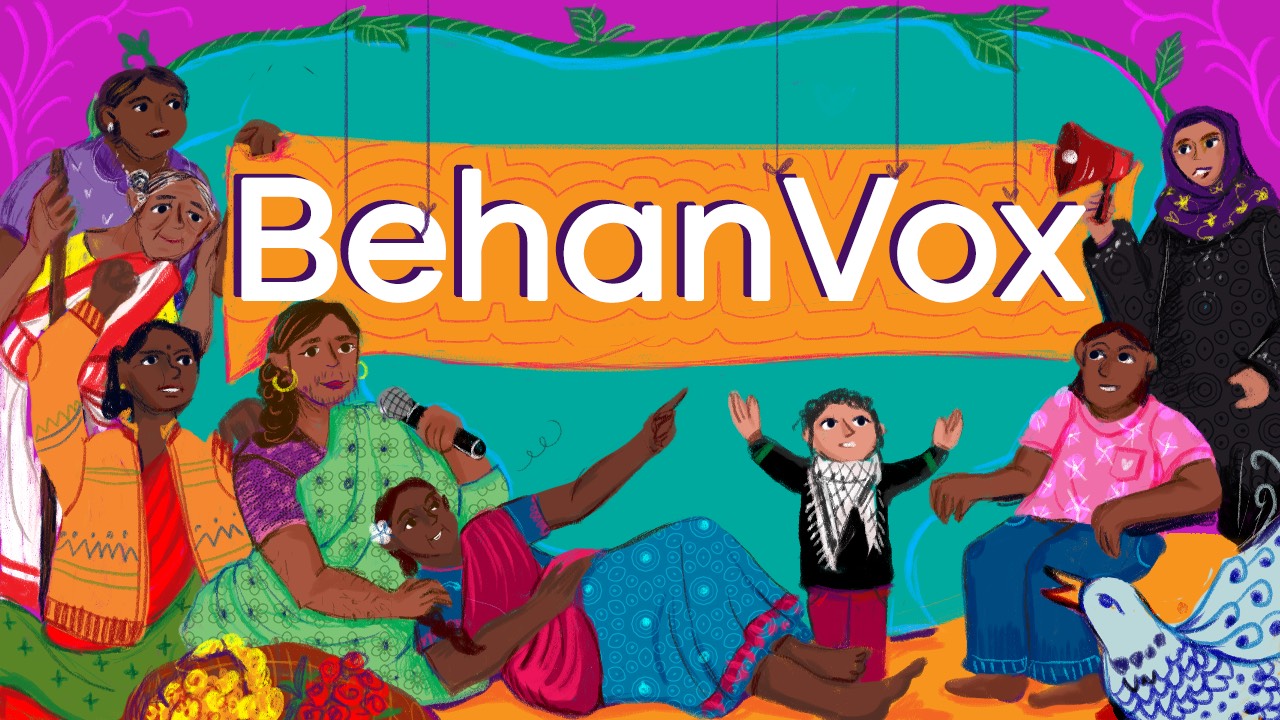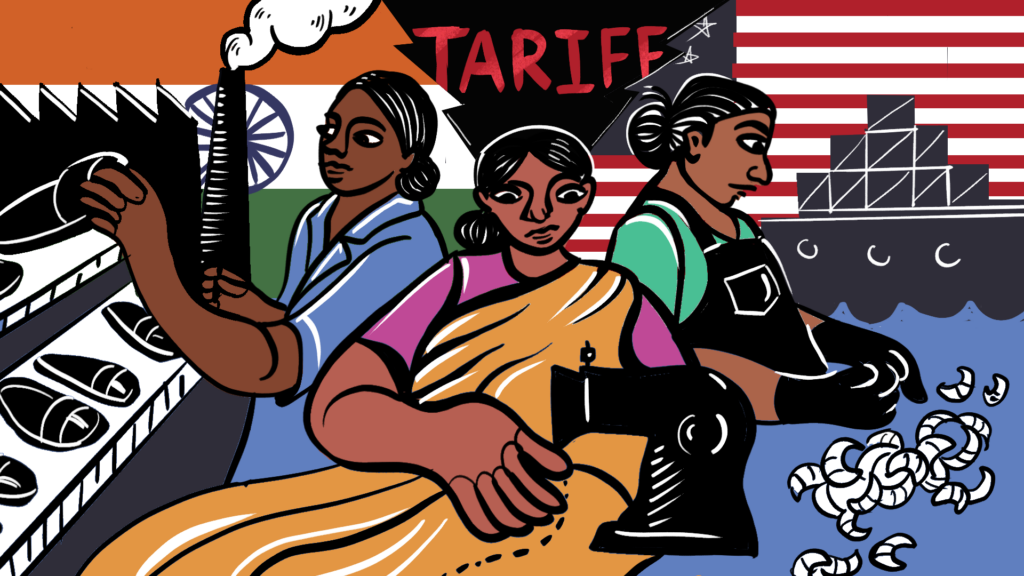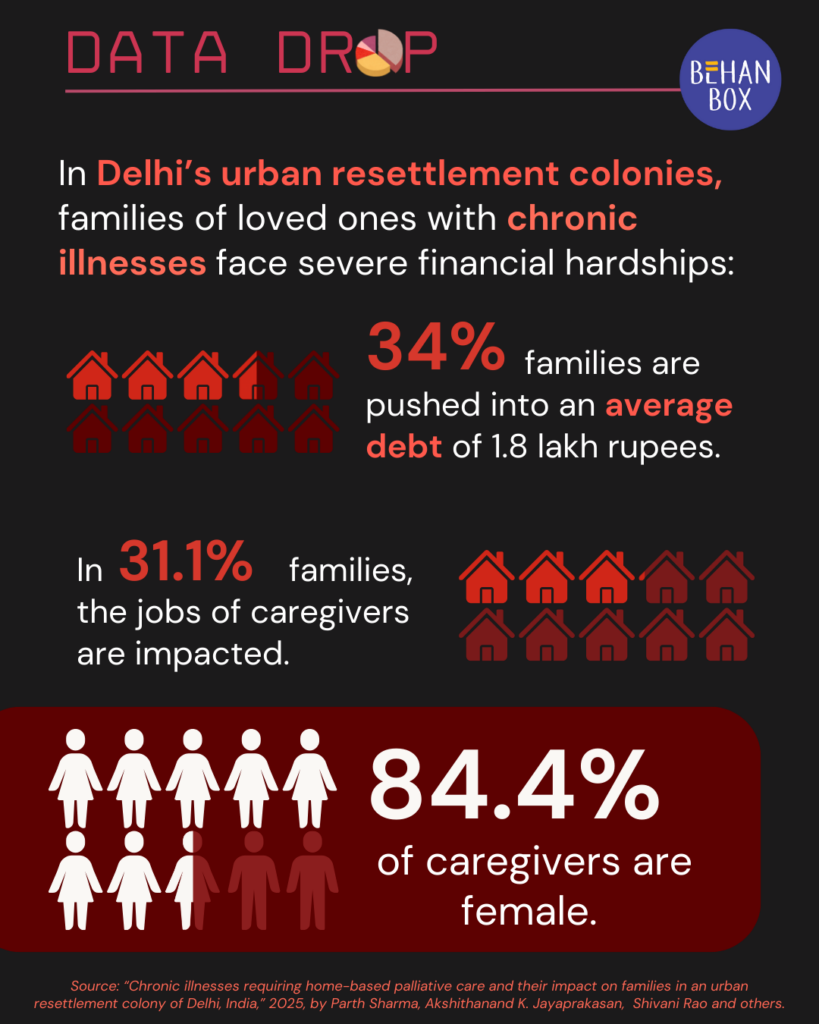Two weeks ago, in a wonderfully reported article we had delved into how Trump’s sky high tariffs are already bringing distress, debt and joblessness into the lives of women workers in Tamil Nadu’s textile belt. We had also argued that this crisis can be resolved, at least partially, with some proactive steps by both the employers and the government. This week, we took the story further to analyse why these tariffs are a feminist issue.
We find that countries facing the highest reciprocal tariffs are major exporters of labour-intensive industries such as apparel and textiles to the US, where 80% of the workforce in the industry are women in low-paying jobs. And from the consumer perspective too, tariffs impact incomes of poorer households, who tend to pick cheaper imported goods.
The spurt in Indian exports was largely driven by the electronics and ready-made garments sector in 2024 respectively. Leather and fish products exports contributed less but the US is a significant market for these industries. For instance, over 80% of leather products in India are exported, close to 22% of which are sent to the US. Frozen shrimp accounts for 66% of India’s seafood exports with 34% of the revenue coming from the US market.
And it is women, often from the most marginalised communities, make up for a significant proportion of the workforce in these industries. The leather industry is one of India’s biggest non-farm employers with 4.5 million workers, 40% of whom are women. And in the frozen shrimp industry, women constitute over 70% of the 8 million workforce, and they perform low-end processing jobs such as deheading, peeling and sorting shrimp in cold processing plants. In apparel and textiles, they make up almost 70% of the 45 million workers, while the electronics industry is known to largely hire young women because electronics manufacturing needs “small and soft hands for small pieces”.
In these sectors that feed the global supply chain where labour conditions are exploitative, so economic shocks like high tariffs will cascade into unforeseen short and long-term impact, say researchers. This will push them into debt, lower their employment opportunities and reduce wages in the long run.
“Across global supply chains, the US tariffs will make women workers vulnerable. Women are concentrated in labour-intensive, low paying, precarious jobs, whether it is processing or assembly line and men dominate more capital-intensive, technical and leadership roles in these spaces,” said Ashmita Sharma, executive director at Society for Labour and Development, a labour rights and support organisation. She pointed out that women have no financial cushion and will deal with the shock personally, by stretching food and taking on even more poorly paid, even more informal jobs.
Read our analysis here.







